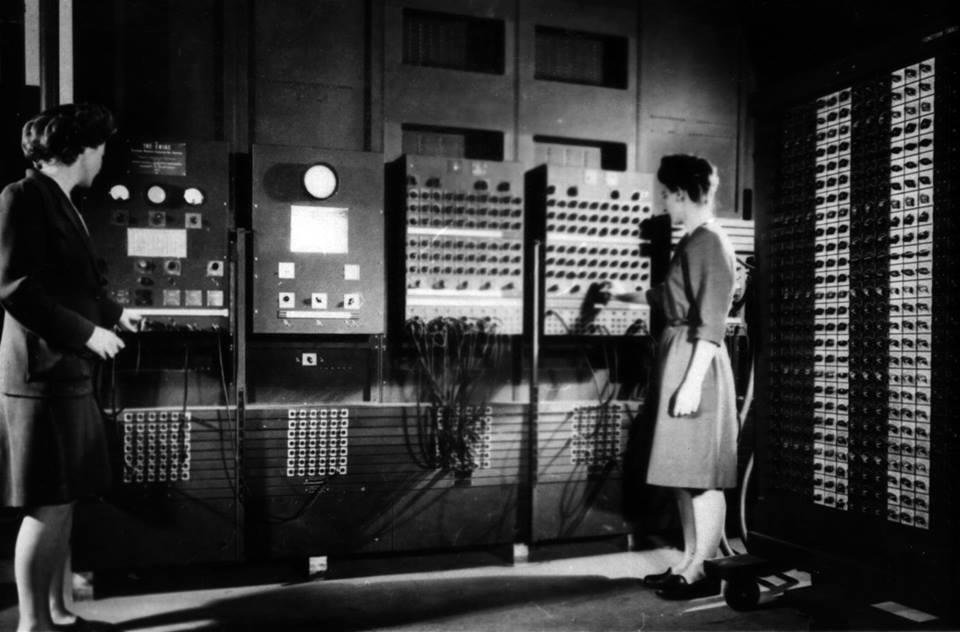Monday marked the 75th anniversary of the day the ENIAC — aka the Electronic Numerical Integrator and Computer — was first made public here in Philadelphia on Feb. 15, 1946.
The ENIAC was the first computer built to take full advantage of electronic processing speeds and to “think” for itself using conditional branching and nested subroutines.
Last week, we told you all about the ways the University of Pennsylvania (which houses pieces of the giant computer) and the Compuseum were celebrating virtually. And now we bring you this: a commemorative film about the computer’s history and its impact on current technology.
The film discusses the computer’s ties to World War II, the inventors, “woman computers” and how it lead to the computing we know today.
Tuck in for a watch of the two-and-a-half-hour-long film, produced by the Blue Bell-based corporation Unisys, or check out this list of 10 things you should know about the ENIAC, from the computer’s 70th birthday five years ago.
Join the conversation!
Find news, events, jobs and people who share your interests on Technical.ly's open community Slack

Philly daily roundup: East Market coworking; Temple's $2.5M engineering donation; WITS spring summit

Philly daily roundup: Jason Bannon leaves Ben Franklin; $26M for narcolepsy treatment; Philly Tech Calendar turns one

Philly daily roundup: Closed hospital into tech hub; Pew State of the City; PHL Open for Business


